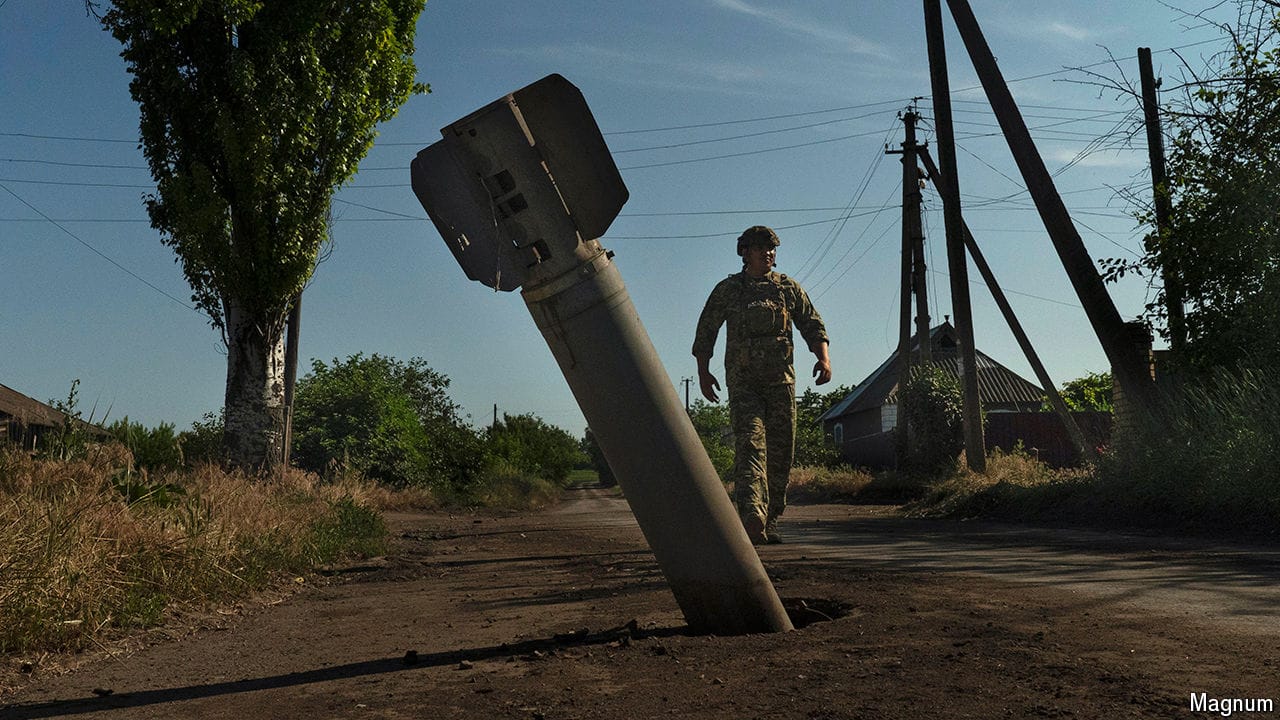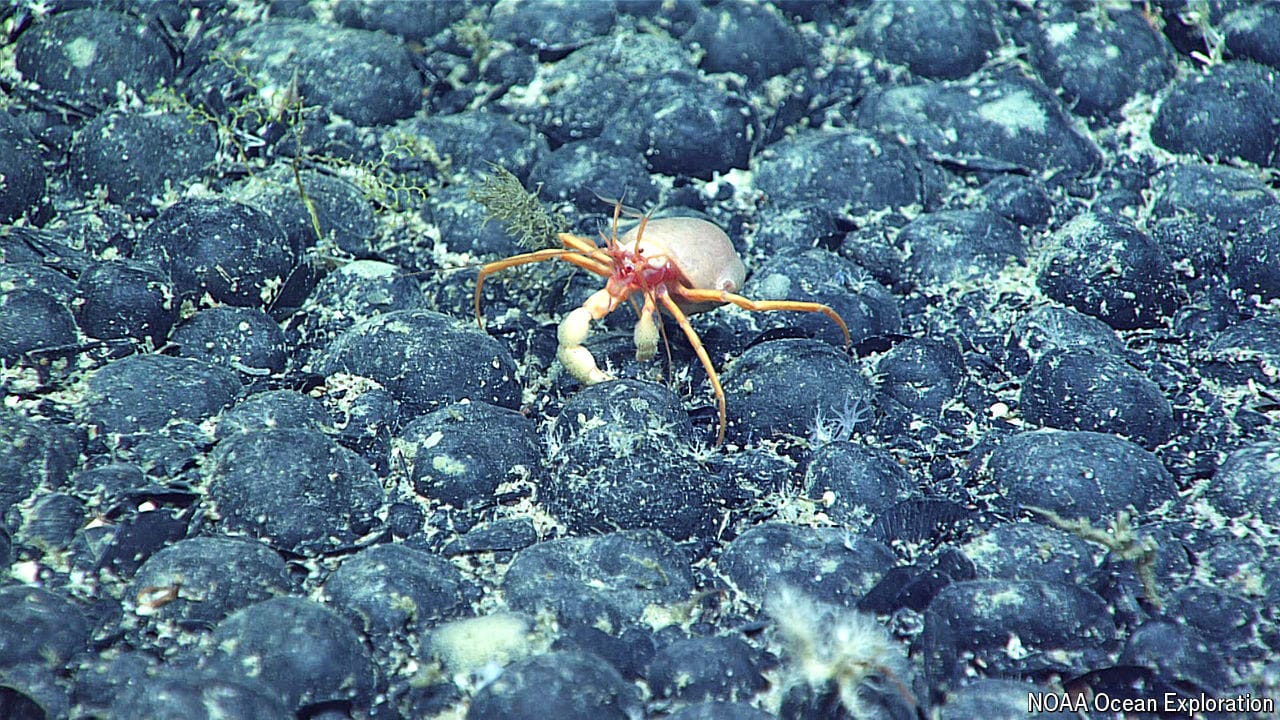Some corals are better at handling the heat
Scientists are helping them breed

CORAL REEFS, home to about a quarter of all known marine species, face an existential threat. Rising water temperatures cause the corals to expel their resident photosynthetic algae, bleaching them white and depriving them of their major food source.
But, says Joanie Kleypas of the National Centre for Atmospheric Research in Colorado, some corals are more resilient than others. For instance, corals in the Red Sea are able to withstand hotter temperatures, because they have had thousands of years to adapt to the heat. The issue right now, says Dr Kleypas, is that human activity has caused global temperatures to rise faster than natural selection can breed resilience.
This article appeared in the Science & technology section of the print edition under the headline “Coral imperative”
More from Science and technology

How Ukraine’s new tech foils Russian aerial attacks
It is pioneering acoustic detection, with surprising success

The deep sea is home to “dark oxygen”
Nodules on the seabed, rather than photosynthesis, are the source of the gas

Augmented reality offers a safer driving experience
Complete with holograms on the windscreen
Clues to a possible cure for AIDS
Doctors, scientists and activists meet to discuss how to pummel HIV
AI can predict tipping points before they happen
Potential applications span from economics to epidemiology
Astronomers have found a cave on the moon
Such structures could serve as habitats for future astronauts
